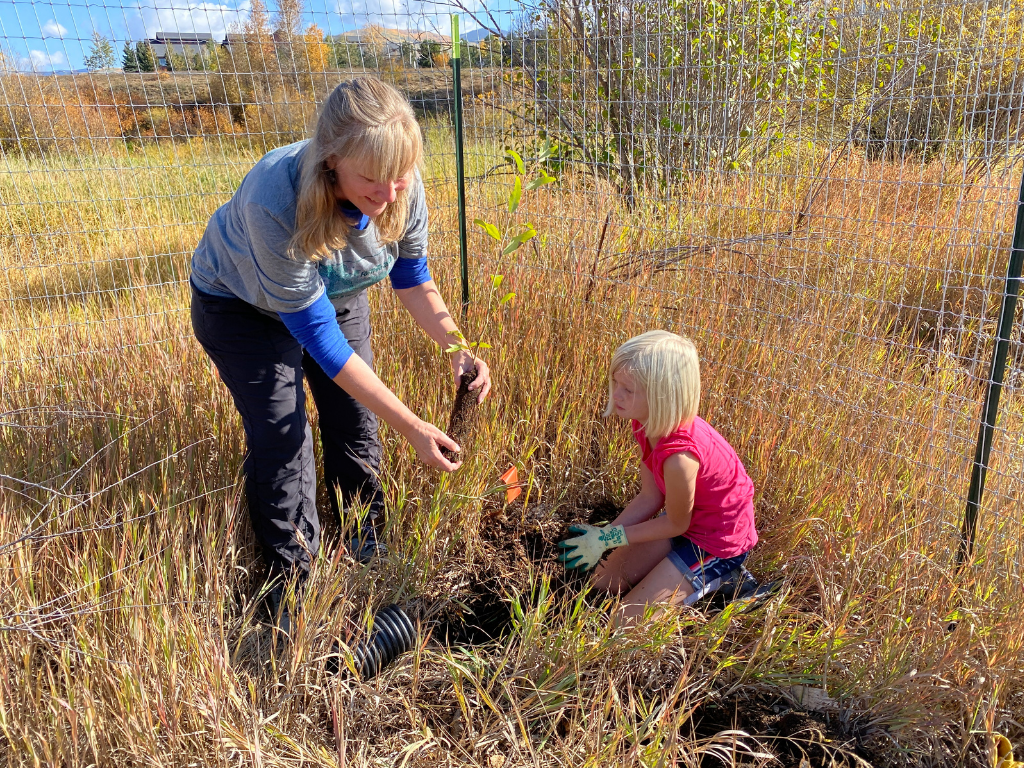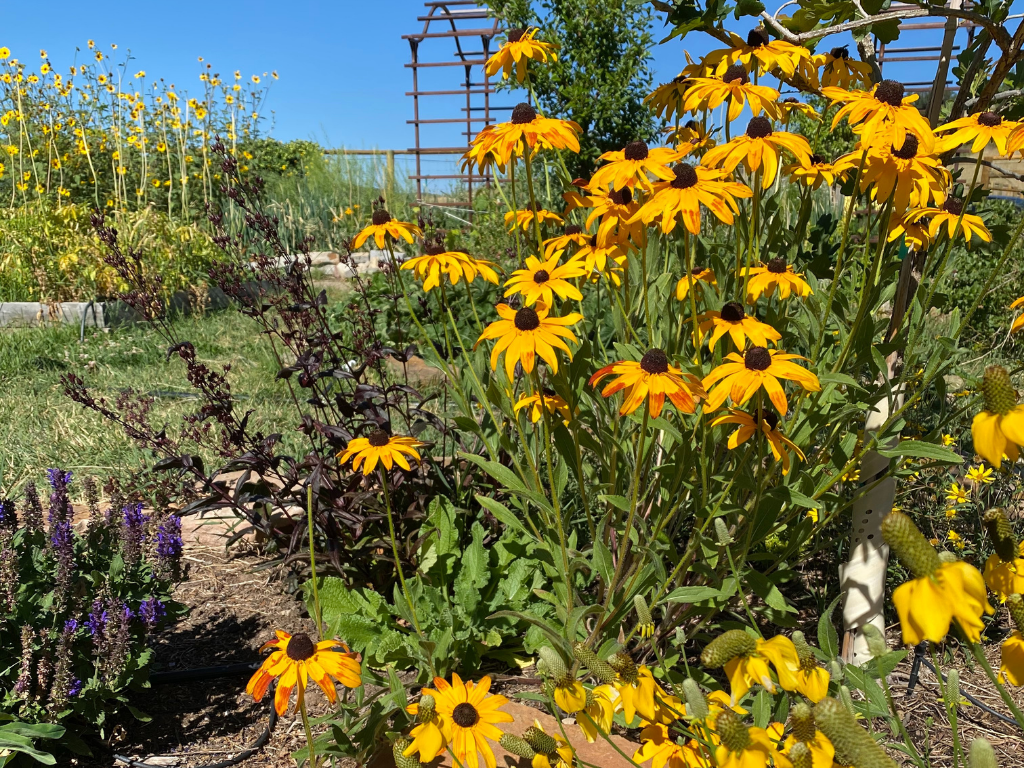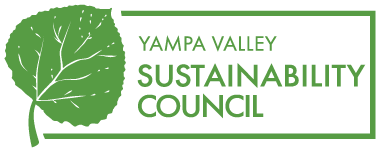JUNE 30, 2015 BY
from the Associated Press
WASHINGTON—Today, the Obama Administration invited communities to participate in Local Foods, Local Places, a federal initiative providing direct technical support to build strong local food systems as part of a community’s emerging economic action plans. Under this effort, a team of agricultural, transportation, public health, environmental, and regional economic experts will work directly with local communities to spur local economic growth and improve the quality of life for all residents.
Local food sales topped $11.7 billion in 2014 according to industry estimates, underscoring the economic benefit that a local food system can offer a community.
“EPA is pleased to support the Local Foods, Local Places with our many partners,” said EPA Administrator Gina McCarthy. “We know new development has a big impact on our air quality and water quality and on human health. Supporting farmers markets, community gardens and other food-related enterprises in established neighborhoods can help protect the environment, improve health and create jobs and new business opportunity. It’s a win for everyone.”
This is the second year of the Local Foods, Local Places program. In 2014, 26 rural and urban communities participated in the program to create year-round, downtown markets featuring foods from local farmers; establish retail outlets to help revitalize small-town main streets; build centrally located community kitchens or food hubs to aggregate and market local foods; support business incubators to help entrepreneurs start food-related businesses on main streets; enhance public spaces for people to walk or bicycle to farmers markets and local restaurants; assist schoolchildren to grow their own food and make healthy local food accessible to families, including via SNAP benefits; and develop community gardens in walkable, transit-accessible places.
Technical support teams through Local Foods, Local Places helped Osceola, Arkansas (population 7,700) develop a new health foods cooking curriculum for the local school district, create a plan for a new downtown farmers market and implement infrastructure improvement efforts; guided North Little Rock, Arkansas (population 62,000) to enhance the livability of an emerging neighborhood though a new food hub; and worked with Wheeling, West Virginia (population 28,000) to revitalize underused property into a community orchard, multi-use food facility, and a mobile market.
Local Foods, Local Places is a partnership between USDA, the U.S. Centers for Disease Control and Prevention (CDC), the Environmental Protection Agency (EPA), the Department of Transportation (DoT), the Appalachian Regional Commission (ARC), and the Delta Regional Authority (DRA). The effort is part of the White House Rural Council’s “Rural Impact” effort to improve quality of life and upward mobility for kids and families in rural and tribal communities. Together, the agencies are investing $800,000 to support this round of assistance. Application guidelines and deadlines are availableon line.
More information about Local Foods, Local Places: http://www2.epa.gov/smart-growth/local-foods-local-places
Technical Assistance to Help Communities Use Local Food Production to Revitalize Neighborhoods
Two technical assistance opportunities are currently open for applications:
Local Foods, Local Places Technical Assistance
Supporting local food production can improve economic opportunities for local farmers and businesses and give residents better access to healthy, fresh food. It can also spur revitalization of a main street, downtown, or neighborhood by bringing new activity. Communities interested in these benefits are invited to apply for technical assistance from the Local Foods, Local Places Program. The application deadline is September 15, 2015, at 11:59 p.m. Eastern Time.
Local Foods, Local Places will provide direct technical support to selected communities. A team of experts will help community members develop action plans that use local foods to support healthy families and communities and to drive downtown and neighborhood revitalization. The assistance process features a community workshop that brings people together to develop shared goals and steps to achieve them.
Representatives of communities (including neighborhoods or main street districts) anywhere in the United States are eligible to apply. We encourage applications from communities that are economically challenged and in the early phases of their efforts to promote local foods and community revitalization. Special consideration will be given to communities in federally designated Promise Zones or USDA StrikeForce counties.
Local Foods, Local Places is supported by the U.S. Department of Agriculture, the U.S. Environmental Protection Agency, the Centers for Disease Control and Prevention, the U.S. Department of Transportation, the Appalachian Regional Commission, the Delta Regional Authority, and the White House Rural Council.
For more information and a link to the application, visit http://www2.epa.gov/smart-growth/local-foods-local-places.
Global Green Technical Assistance
Global Green is accepting applications for no-cost technical assistance that can help communities create greener, more equitable, and more vibrant neighborhoods. The assistance uses Global Green’s sustainable neighborhood assessment tool, which is based on the LEED for Neighborhood Development standard, a nationally recognized method for creating neighborhoods that are walkable, bikeable, resource-efficient, and equitable. This free assistance is being provided under a grant to Global Green from EPA’s Office of Sustainable Communities’ Building Blocks for Sustainable Communities Program.
Eligible applicants are local and tribal governments. The deadline for applications is July 17, 2015, at midnight PST.
For more information and the application form, visit http://www.globalgreen.org/press/gxocudahx8g29noqxp3knsalyr3hlc.
You are subscribed to EPA’s Smart Growth Listserv. To unsubscribe from this mailing list, click here: http://yosemite.epa.gov/opei/opeipub.nsf/Membership
EPA’s Smart Growth Listserv is maintained by the U.S. Environmental Protection Agency’s Office of Sustainable Communities. To contact us, please e-mail smartgrowth@epa.gov. Learn more about smart growth at www.epa.gov/smartgrowth.






